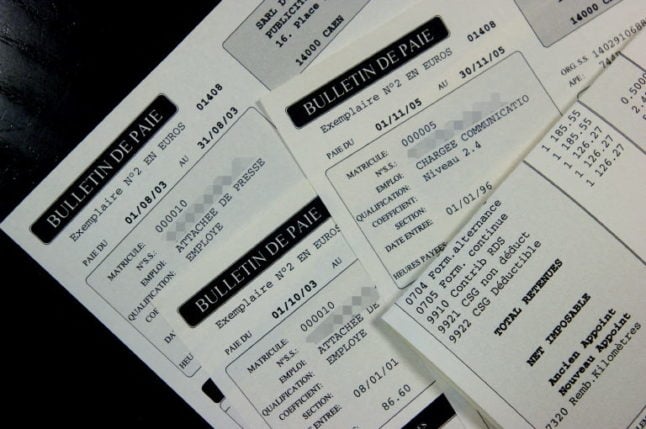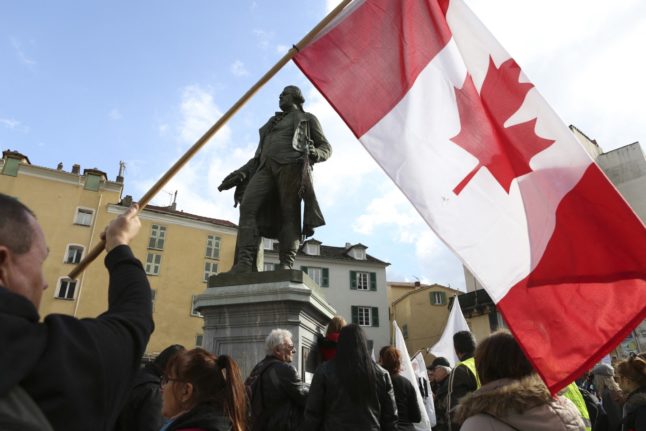For salaried employees, the traditional date for pay-day is the end of the month, and most workers now get their money transferred automatically into their bank accounts.
However this year, the end of March coincides with Easter weekend, with Easter itself falling on Sunday March 31st, and the Europe-wide Target 2 system, which handles automated SEPA payments within the EU and EEA, will be closed over the Easter weekend.
The European Central Bank, which oversees Target 2, closes the exchange system on weekends and selected public holidays – for Easter that means a four-day closure from Thursday, March 28th to Tuesday, April 2nd, according to reporting in the Journal du Geek.
Although Good Friday (March 29th) is not a holiday in most of France, it is taken as a public holiday by many other European countries.
Why is Good Friday not a holiday in (most of) France?
That means that a salary paid on March 28th won’t reach the recipient’s bank account until Tuesday, April 2nd.
Target 2 is also closed on May 1st, December 25th and December 26th – these dates don’t usually affect salary payments so it is usually Easter that is affected, when it coincides with the end of the month.
Normal banking services will continue over the Easter weekend while instant transfers and internal transfers between two accounts handled by the same bank will also go ahead as normal.
The salary delay won’t affect people who get paid in the middle of the month, or those who are paid in cash.



 Please whitelist us to continue reading.
Please whitelist us to continue reading.
Member comments